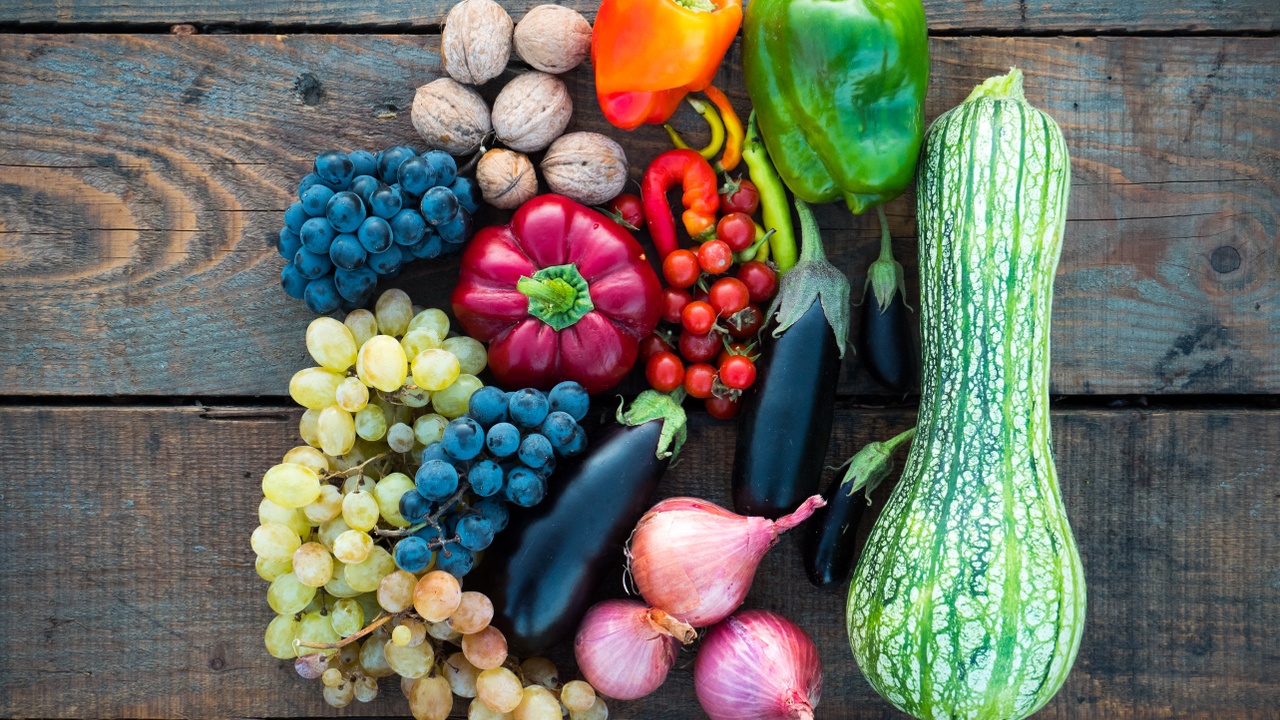Mindful Eating – Digestion and Satisfaction
Oct 08, 2021
With so much emphasis on what to eat, the how can get rather left behind, but the full process of digestion – breaking down and absorbing food – demands as much calm and mindfulness as any aspect of our yoga practice. When this is compromised, partially digested food in the gut can cause gas, bloating and contribute to IBS symptoms.
Time, stress and habit often see us bolting food or eating on the go without much thought. Optimal digestion needs energy resources fully directed to the gut and any movement quickly reroutes it out to the muscle; including just standing and using postural muscles. Stress also sends a signal to prepare for protective physical movement and again, muscle wins out. We feel a tense body, often including gripping and tightness in the belly as digestive processes are halted. Our digestive tract has nervous system activity of its own and you really can trust ‘gut feelings’ as a measure of stress.
It is the parasympathetic or calming and meditative tone of the nervous system – often called ‘rest and digest’ that needs to be set in place for us to feel ready to receive and process food put into our mouths. Sitting down is the first step, but then all of the awareness, breathing space and being in the here and now that yoga means is your best guide towards more mindful eating patterns.
If you have become used to rushing your meals, reconnecting back with the art of chewing is an important part of your overall health. Full mastication means that food is lubricated by saliva that starts off the digestive process and gets your gut in the mood to receive and breakdown food. It also sends signals to the brain to start off feelings of satisfaction, thus helping to regulate appetite.
Guide to a more conscious and nourishing eating style:
- Connect to your body – particularly if you have been stressed before, move away from the busy brain state than can get in the way of considered chewing. Before you pick up a fork, place your hands onto your belly (a little apart to not impede its movement) and allow full exhalations to let it settle and soften, ready to receive food.
- Just eat – our brains love distraction and will commandeer energy whenever they can, using up to two-thirds of our energy output at any given time. Make your digestion the main focus by eating away from email, phone and TV input.
- Mindful eating – mindfulness means experiencing every present moment with all of our senses, so when eating this is not just the taste of food but how it looks, smells and feels in your mouth. Slow right down and you can feel all the rich subtleties of your meal rather than that ‘didn’t touch the sides’ feeling.
- Allow time for digestion – don’t just get up and rush off after a meal; digestion is a process that takes several hours and the more space you can create for little competition with other activities, the more efficient the process. If you tend to feel tired after meals, this can be your body telling you to stay put and give your digestion some attention!
Visit Charlotte Watts Health Shop here, for supplements and the opportunity to book Mini Nutritional Consultations with Suki Sabine, a qualified and experienced, BANT (British Association for Nutrition and Lifestyle Medicine) or ANP (Association of Naturopathic Practitioners) registered Nutritional Therapist.




